
150 medical staff participated in the major organ transplant surgery. Photo: 108 Military Central Hospital.
With the tireless efforts to carry out the special mission of taking care of people's health, in recent times, the health sector has achieved many outstanding achievements, in which many rare and difficult cases have been successfully treated by doctors and nurses in a spectacular way.
Affirming the level on the world organ transplant map
An iconic surgery that clearly demonstrates the pinnacle of our country's medical techniques is the lengthy organ harvesting and transplant surgery performed on the 30th of Tet by hundreds of doctors and nurses from the 108 Military Central Hospital, the Central Lung Hospital and many other hospitals.
Specifically, on February 9 (Lunar New Year's Eve), 108 Military Central Hospital mobilized more than 150 staff to perform a multi-organ transplant from a brain-dead donor within 11 hours. Previously, the hospital received a male patient (26 years old) with severe traumatic brain injury due to a traffic accident. Doctors and nurses tried their best to treat and actively resuscitate the patient to find a chance to live, but luck did not come to the patient.
After 3 days of treatment, the patient was diagnosed with brain death. After receiving information about the patient's condition and with a charitable and humanitarian heart, the patient's family agreed to donate tissues and organs to save the lives of many other patients with serious illnesses.
Major General, Professor, Dr. Le Huu Song - Director of the 108 Military Central Hospital said that for this "major surgery", the hospital was completely proactive in organizing, coordinating and implementing. The hospital mobilized more than 150 staff members to participate, including experts from various specialties, agencies in charge of organization, coordination, logistics, equipment, information technology, social work, etc. to simultaneously collect and transplant tissues and organs including: heart, lungs, liver, kidney, pancreas, limbs, cornea and carefully organize funeral work for brain-dead patients who donated multiple tissues and organs.
By the afternoon of the 30th of Tet, the first heartbeats of the heart recipients were running on the continuous monitoring screen (monitor), along with other tissues and organs gradually reviving in the bodies of patients receiving livers, kidneys, kidney-pancreas, limbs, in the joy and happiness of the patients' families, of the doctors...
"Perhaps this 30th of Tet only happens once in a lifetime for a doctor of the 108 Central Military Hospital like me, ending the old year to continue a new year, starting with many lives being reborn" - Major General, Associate Professor, Dr. Pham Nguyen Son - former Deputy Director of the 108 Central Military Hospital was moved.
Meanwhile, with the lungs of the brain-dead patient mentioned above, another life was also revived thanks to the efforts of more than 100 doctors and nurses at the Central Lung Hospital, Hospital E, and many other hospitals.
It is known that the transplant patient is a university student and had to drop out of school because he unfortunately had end-stage lung disease. The patient's condition is very serious, and he is likely to die within the next few months if he does not receive a lung transplant. The patient has been managed and monitored at the Central Lung Hospital since 2020 and has been waiting for a lung transplant for several months now because both lungs are severely damaged, with severe respiratory failure and a high mortality rate.
On February 8, after receiving information about donated lungs from the 108 Military Central Hospital, the Central Lung Hospital urgently activated the lung transplant program and held a consultation to select patients to receive organs that same night.
The Central Lung Hospital mobilized about 80 staff to directly participate (and many other staff were ready to be mobilized and work online), with coordination and support from the National Organ Transplant Coordination Center, 108 Central Military Hospital, E Hospital, Vietnam-Soviet Friendship Hospital, Hanoi Heart Hospital, etc.
The surgery was also performed on February 9, lasting 12 hours (from 10am to 10pm) and was a great success at the highest level according to UCSF standards. The surgery was performed strictly and methodically according to international standards from the UCSF Lung Transplant Center - one of the 9 largest and most prestigious lung transplant centers in the US.
14 hours after the surgery, the young girl woke up and took her first breaths with her new lungs, with tears of happiness from both the patient and the doctor. On the very first day after the lung transplant, the patient recovered well, with stable respiratory indicators.
It is known that this is the 10th lung transplant in Vietnam and the 2nd at the Central Lung Hospital. In the world, there are currently more than 4,000 lung transplants, of which the US has performed more than 2,000, Europe has performed nearly 2,000, and the rest are in Asia including China, Korea, and Japan.

Foreign doctors are instructed in Dr. Luong's thyroid endoscopy method at the Central Endocrinology Hospital. Photo: BVCC.
Fetal surgery while still… in the womb
On January 4, 2024, the interventional cardiology team of Children's Hospital 1 coordinated with the surgical team of Tu Du Hospital to successfully perform "intrauterine cardiac catheterization" on a fetus with severe congenital heart disease.
Specifically, according to medical history, pregnant woman L. (27 years old) was transferred to Tu Du Hospital for monitoring because the 32-week-old fetus had severe abnormalities, congenital heart disease without pulmonary valve, and right ventricular hypoplasia.
After consultation, doctors from Children's Hospital 1 and Tu Du Hospital performed a semi-emergency fetal intervention to save the life of the fetus in the womb.
The two hospitals planned meticulously, preparing a team of more than 15 people with 5 specialties, including obstetrics, neonatology, anesthesia and resuscitation, cardiology, and diagnostic imaging.
Fetal intervention brought about dramatic improvements, but also faced many risks during and after surgery. After the intervention, ultrasound showed that the fetal heart was still functioning well. The pregnant woman continued to be monitored by the two hospitals in coordination.
"A baby's heart is as small as a strawberry, and must be absolutely precise, because just a small mistake can cause the heart to stop beating immediately," said Dr. Do Nguyen Tin, Deputy Head of the Cardiology Department (Children's Hospital 1), one of the world's leading experts in congenital heart intervention, who directly performs cardiac catheterization.
Not stopping there, just 7 days later, on January 12, the team of doctors from Tu Du Hospital and Children's Hospital 1 continued to successfully intervene for the fetus with a very severe congenital heart disease.
Minister of Health Dao Hong Lan assessed that the intervention results with a 100% success rate opened up a breakthrough direction in implementing fetal congenital heart disease intervention, bringing happiness to many families, especially those in difficult circumstances. This is also a testament to the talent and tireless efforts in accessing specialized medical techniques and applying modern medical technology.
It is known that in the world, only a few places such as Brazil, Poland... have successfully performed this technique. Countries in the region, with many medical achievements such as Singapore, Thailand... have not yet implemented fetal heart catheterization.
Foreigners come to Vietnam for medical treatment and medical study
In recent times, with the remarkable progress of domestic medicine, Vietnam has mastered many techniques, which have been highly appreciated by international experts, attracting Vietnamese people living abroad to return to their homeland for medical examination as well as foreigners to come to Vietnam to treat difficult cases.
For example, in the past year, Viet Duc Friendship Hospital has received many cases of patients who had multiple surgeries for anal abscesses and anal fistulas in countries such as Poland, Hungary, Japan, England, New Zealand, etc. that did not work and relapsed, and came to Viet Duc Friendship Hospital for treatment. Meanwhile, doctors at Saint Paul Hospital also treated a difficult case for a 4-year-old Australian patient.
Accordingly, in early October 2023, seeing that their 4-year-old daughter had a stomachache and had pale stools, an Australian family living in Indonesia took her to the doctor and discovered a choledochal cyst, more than 2cm in diameter.
After that, the family looked for the best treatment facilities in Europe, but the rate of disease in this continent was low, so they took their child to Singapore to find opportunities because they realized that choledochal cysts are very common in East Asia, South Asia, and Southeast Asia. If not operated, the patient has a high risk of cholangitis, biliary obstruction, pancreatitis, and cirrhosis.
Because they did not want their child to have open surgery, the family took him to the High-Tech Center (Xanh Pon Hospital) for a single-port laparoscopic surgery. Currently, only Vietnam and China can routinely perform this technique.
Associate Professor, Dr. Tran Ngoc Son - Deputy Director of Xanh Pon Hospital, who performed this surgery, said: Single-hole laparoscopic surgery to treat choledochal cysts in children marks a step forward in pediatric surgery in our country and a number of foreign doctors have come to Vietnam to consult and learn.
It is known that since 2011, Associate Professor Son has successfully implemented the single-hole endoscopic technique to treat choledochal cysts in children. This result has been reported at many surgical conferences around the world, marking the progress of Vietnamese pediatric surgery and gaining international reputation. To date, Mr. Son has performed single-hole endoscopic surgery to treat more than 300 pediatric patients with choledochal cysts with an infection complication rate of less than 1%.
According to Mr. Son, the fact that foreigners know and trust him is a new step forward, a very positive and proud change for the Vietnamese medical industry.
At the Central Endocrinology Hospital, three foreign students from Albania and India have registered to attend the “Dr Luong” thyroid endoscopic surgery course at this medical facility.
Dr. Pavithra Shanmugam - Apollo Proton Cancer Center India, one of the three students mentioned above, said that this was her first time coming to Vietnam and she was "surprised by the level of expertise, as well as the modern medical equipment of Vietnam".
“In India, I had the opportunity to learn this “Dr. Luong” thyroid endoscopy method from my professor who was also trained by Dr. Luong’s technique. I also learned about this procedure for a short time in India, but when I participated in a direct training course at the Central Endocrinology Hospital with the help of Professor Luong, Dr. Hiep, Dr. Son… in the actual surgeries on patients with thyroid disease, I learned a lot of experience and now I am ready to return to my country to perform Dr. Luong’s method with what I learned here.”
Dr. Vallam Karthik Chandra - Medicover Hospital India - another student also shared that the endoscopic thyroid surgery technique of Vietnamese doctors has many advantages compared to the region and the world. "What impressed me is that applying this method, patients only have to pay a very low cost compared to other methods" - this expert said.
The “Dr Luong” method of endoscopic thyroid surgery through the armpit was first applied in 2003. Up to now, more than 300 professors and doctors from countries in the region and around the world have come to the Central Endocrinology Hospital to learn this surgical technique. Currently, the technique has been transferred to many countries in the region and around the world such as: Australia, Portugal, Singapore, Malaysia, Indonesia, Philippines, Thailand, Pakistan, Australia, India, Turkey, etc.
Every year, Associate Professor, Dr. Tran Ngoc Luong - the "Father" of this technique and his colleagues at the Central Endocrinology Hospital have been invited by many hospitals in the country, the region and around the world to perform demonstration surgeries and lecture on this method.
For the organ transplant sector of the Vietnamese medical sector, the period from 2023 to now can be considered a historic milestone. Because, with a series of world-class organ harvesting and transplants successfully performed during this time, the capacity of Vietnamese doctors and physicians has made its mark on the world medical map and is a bright spot in the Asian region.
Source




![[Photo] Prime Minister Pham Minh Chinh receives delegation of leaders of US universities](https://vstatic.vietnam.vn/vietnam/resource/IMAGE/2025/3/31/8be7f6be90624512b385fd1690124eaa)

![[Photo] 2nd Conference of the Party Executive Committee of Central Party Agencies](https://vstatic.vietnam.vn/vietnam/resource/IMAGE/2025/3/31/8f85b88962b34701ac511682b09b1e0d)
![[Photo] Ministry of Defense sees off relief forces to the airport to Myanmar for mission](https://vstatic.vietnam.vn/vietnam/resource/IMAGE/2025/3/30/245629fab9d644fd909ecd67f1749123)
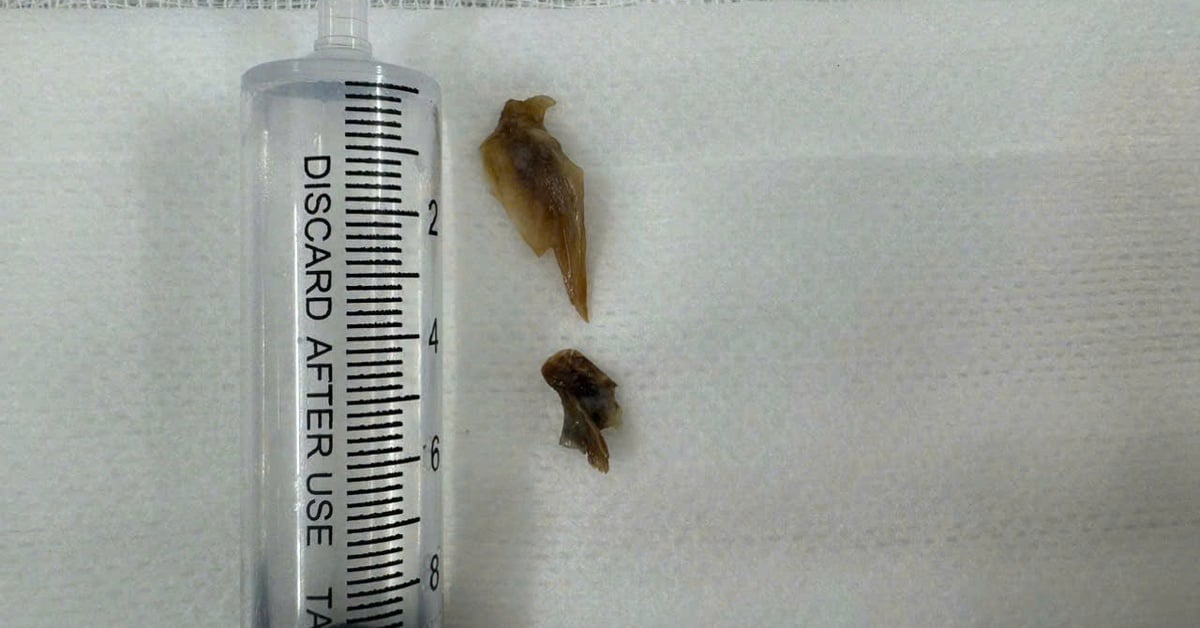

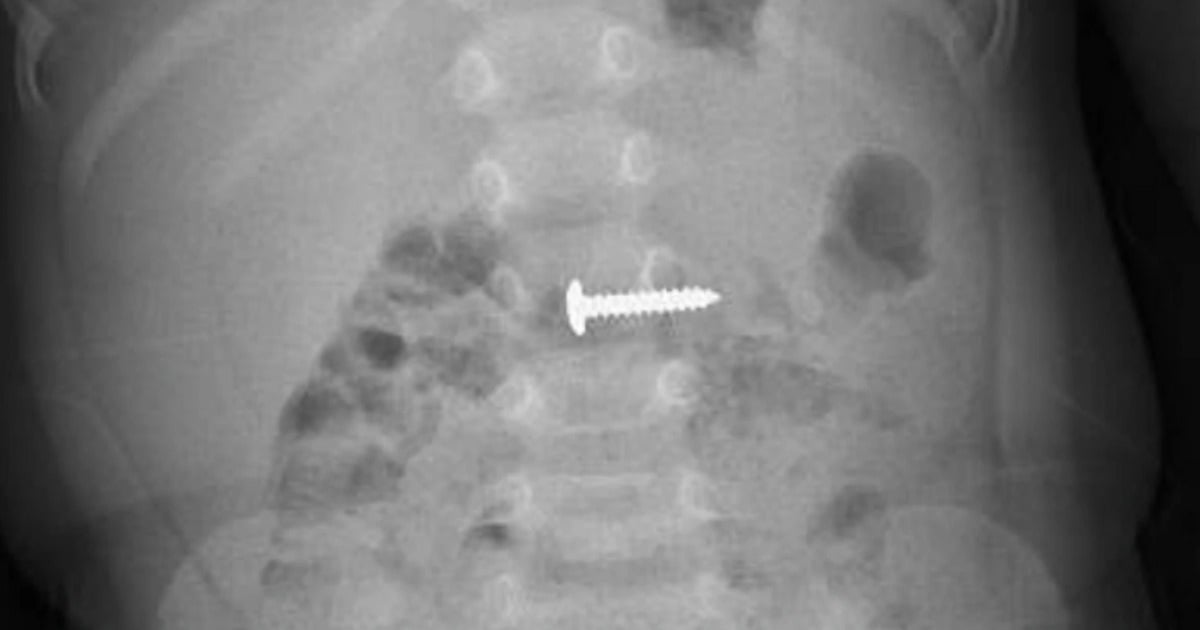

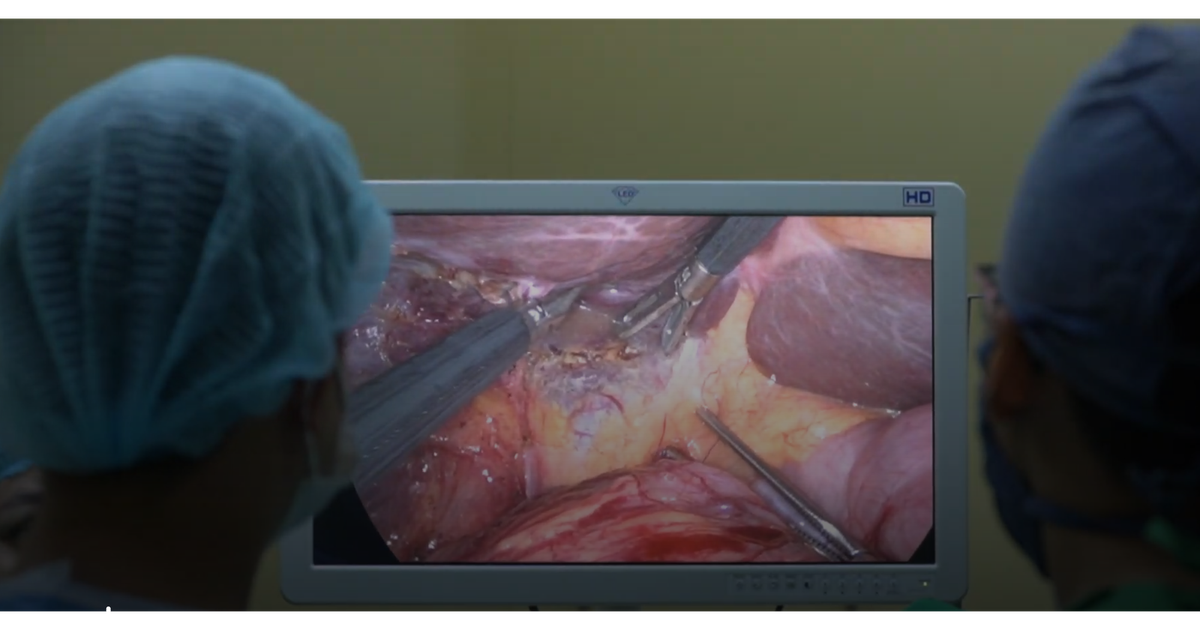


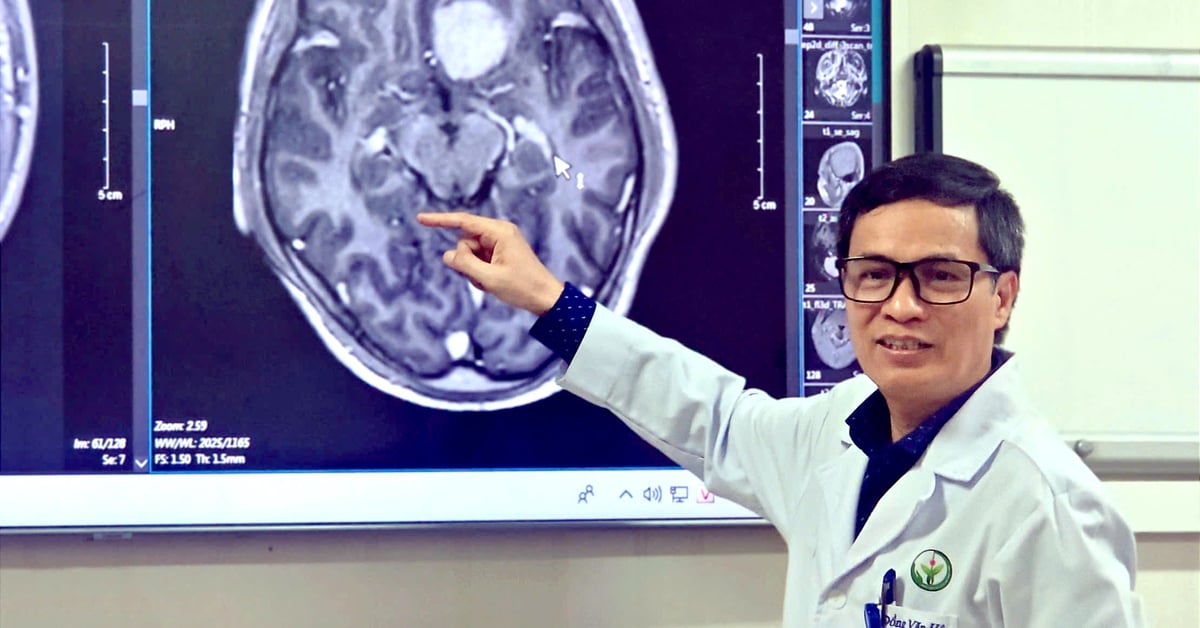
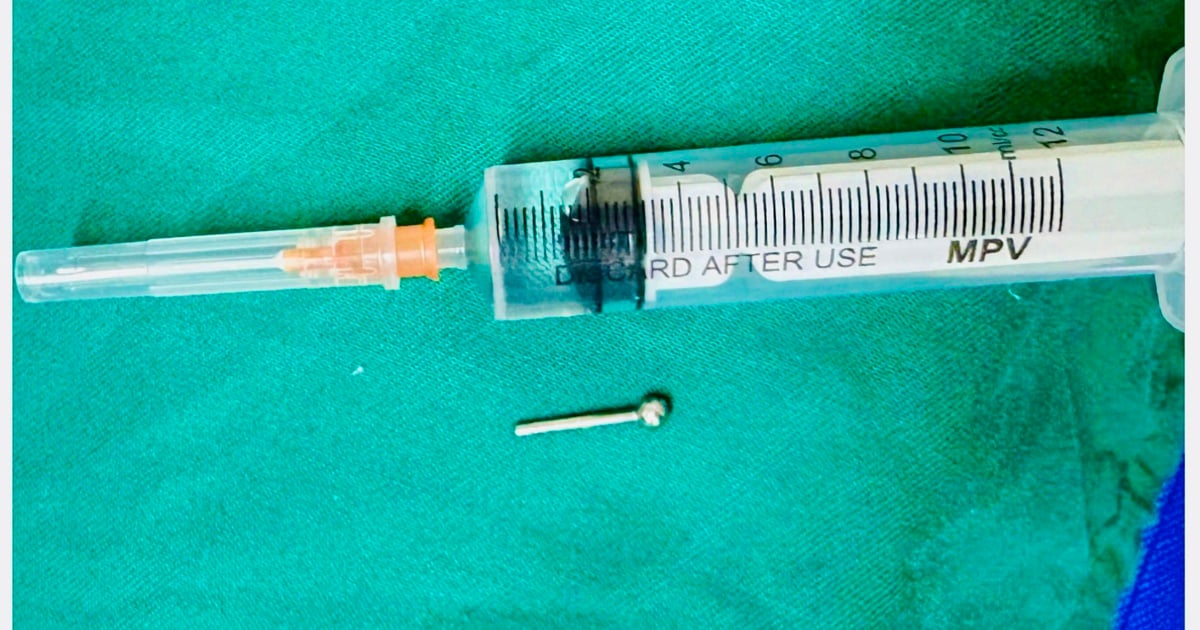
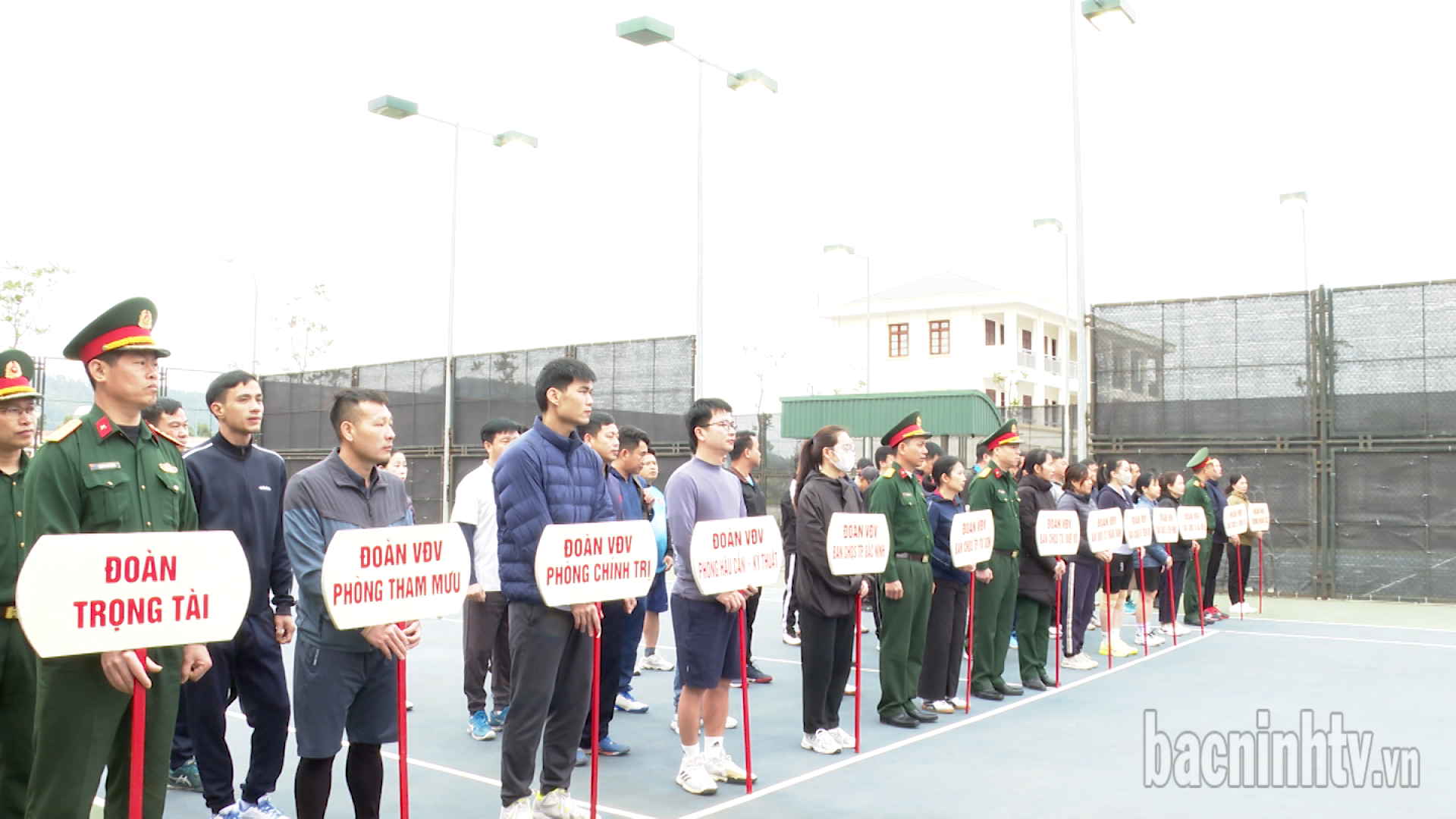
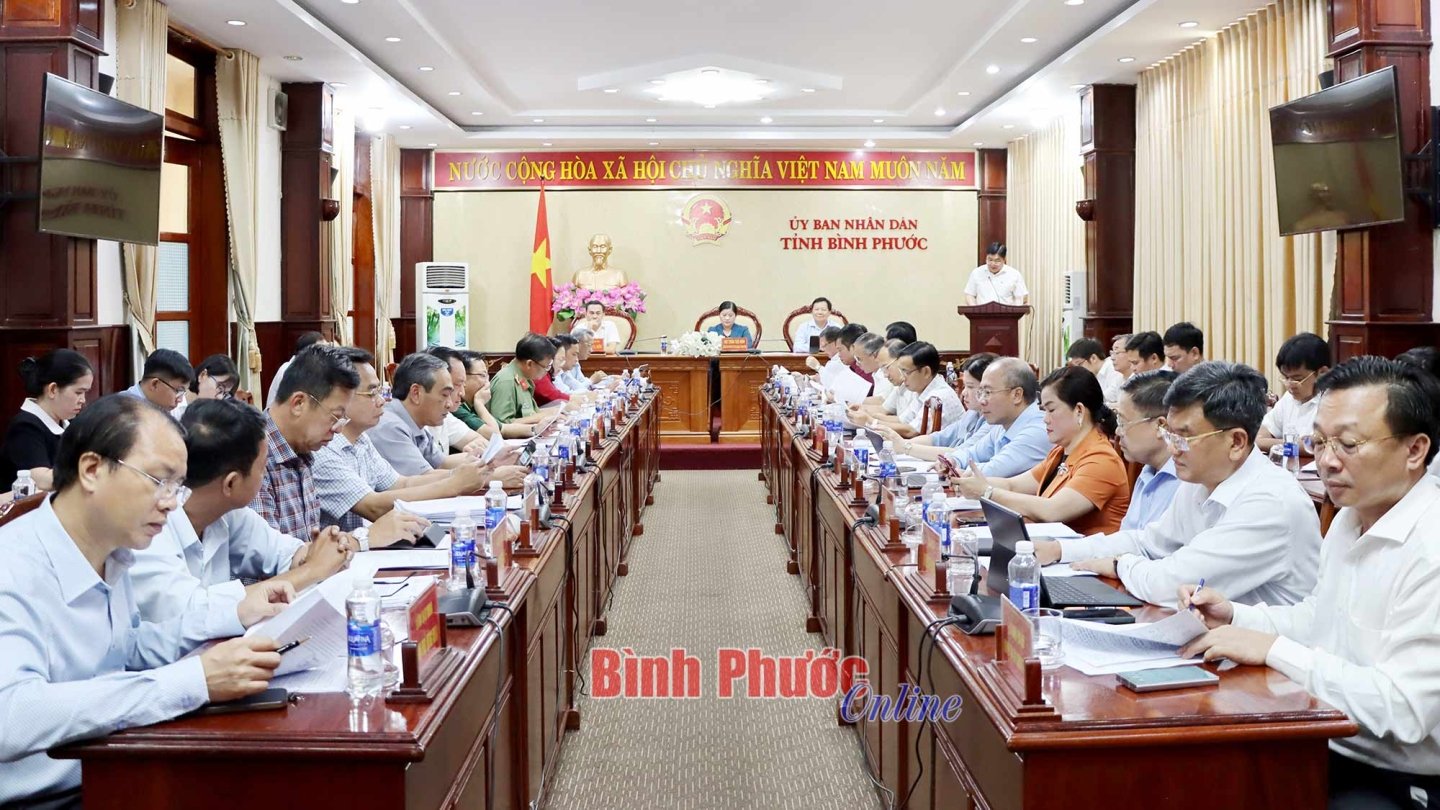
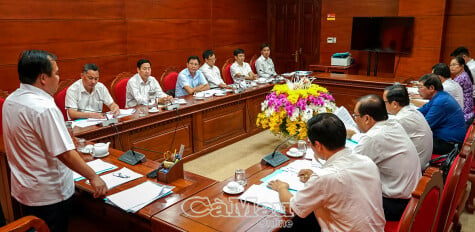

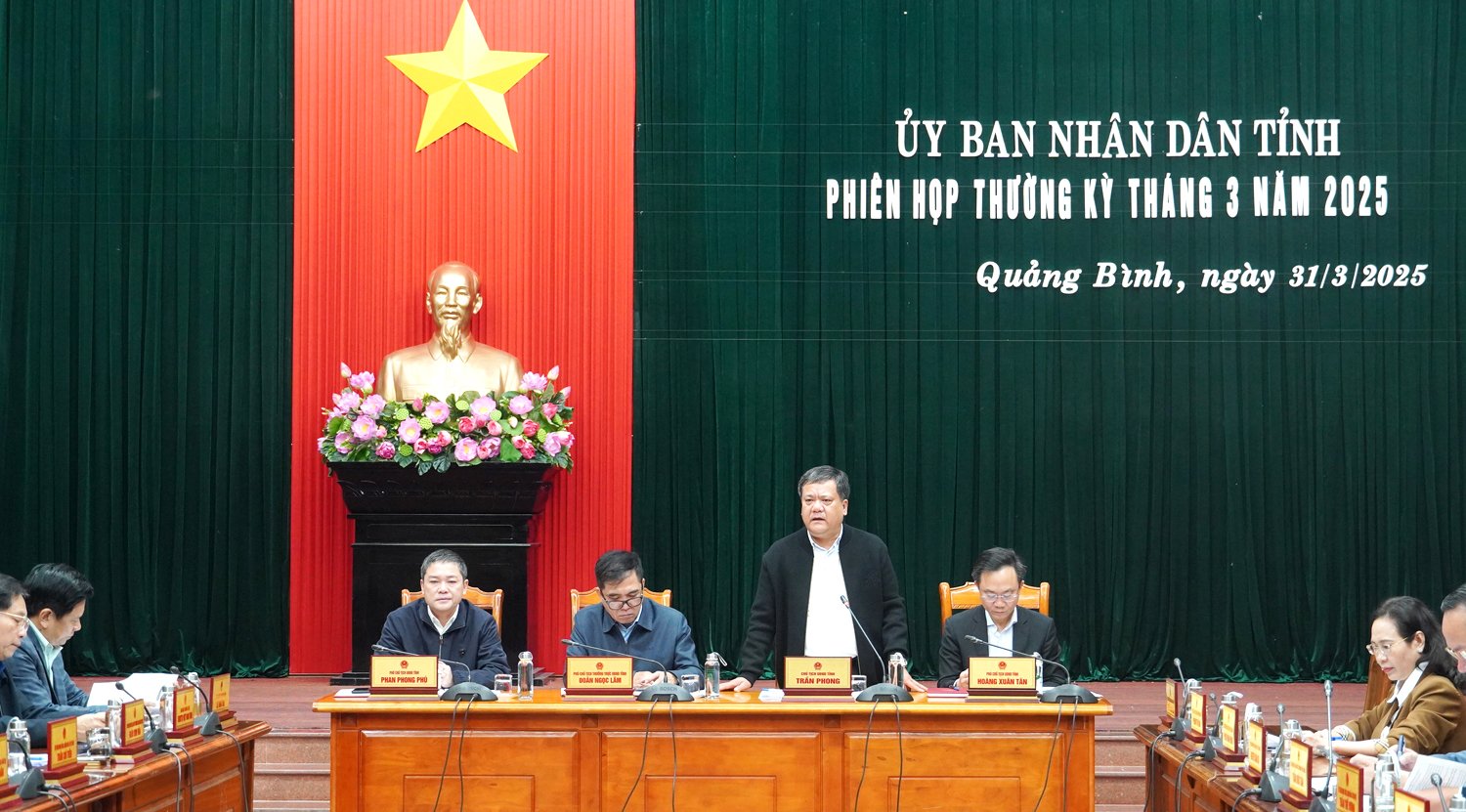
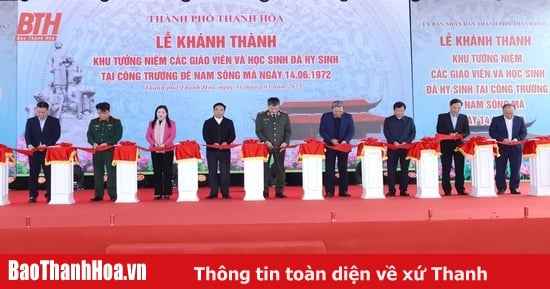




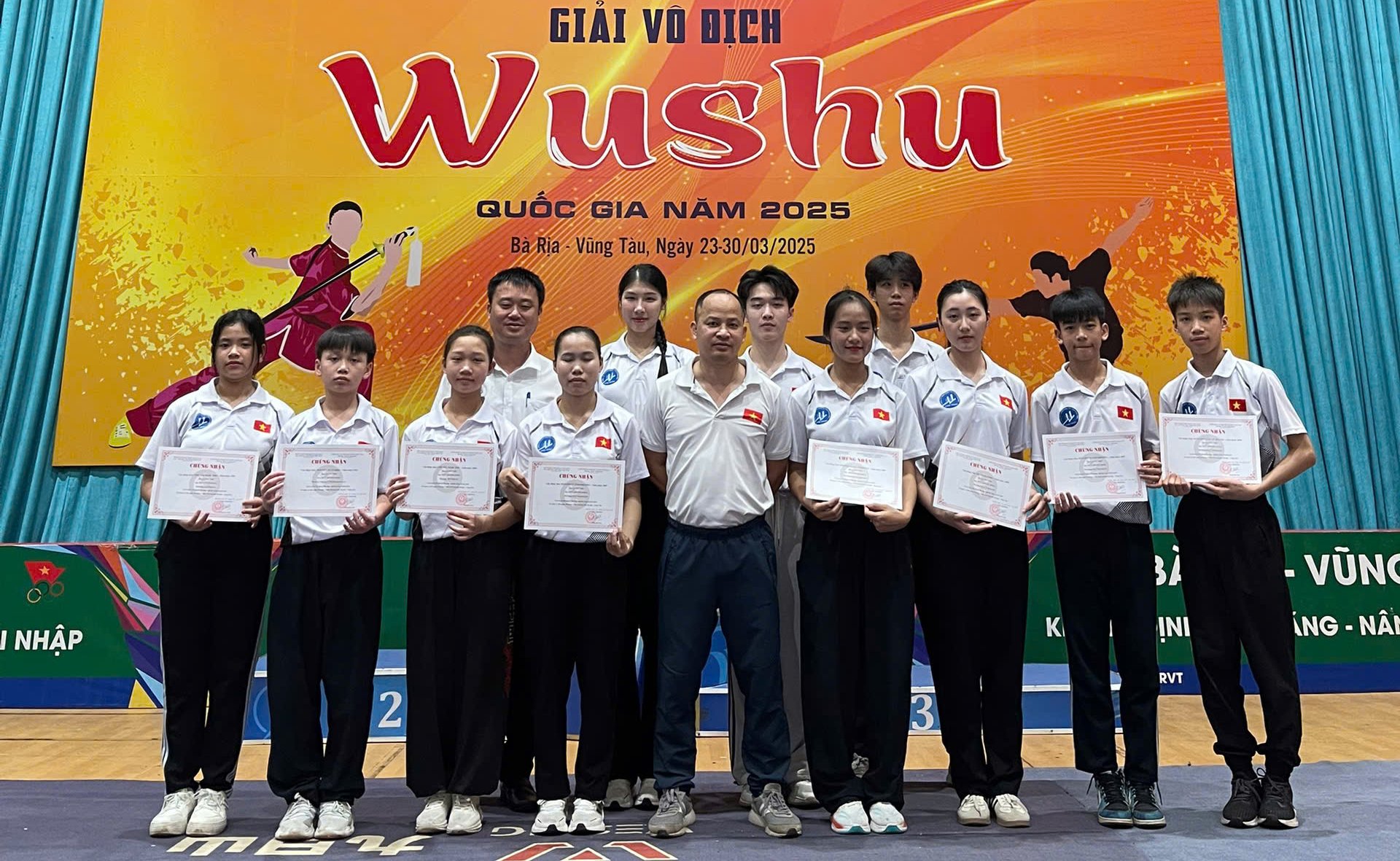
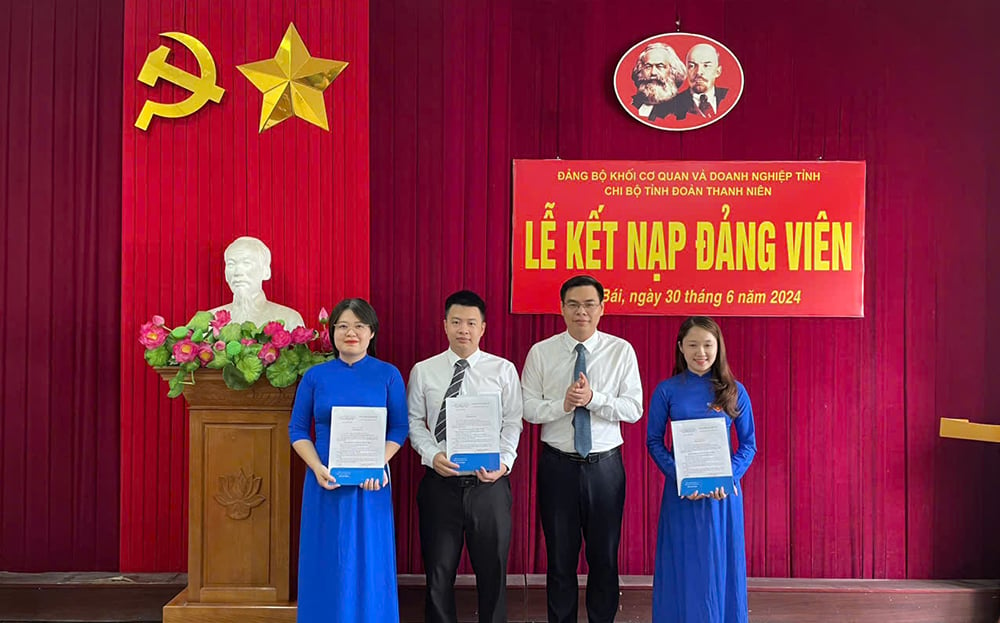
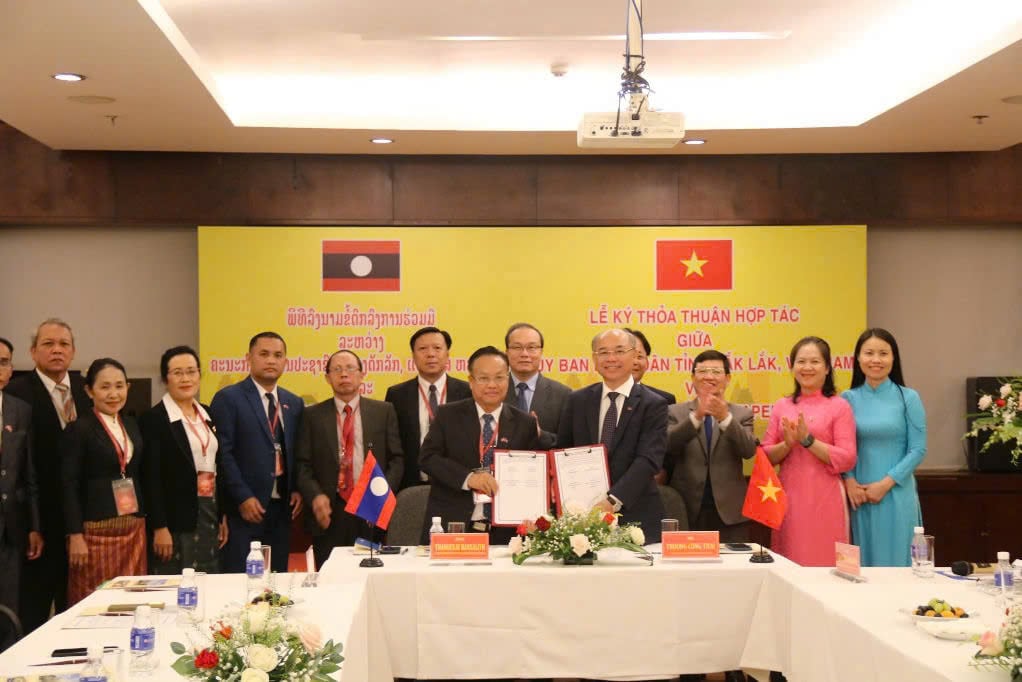
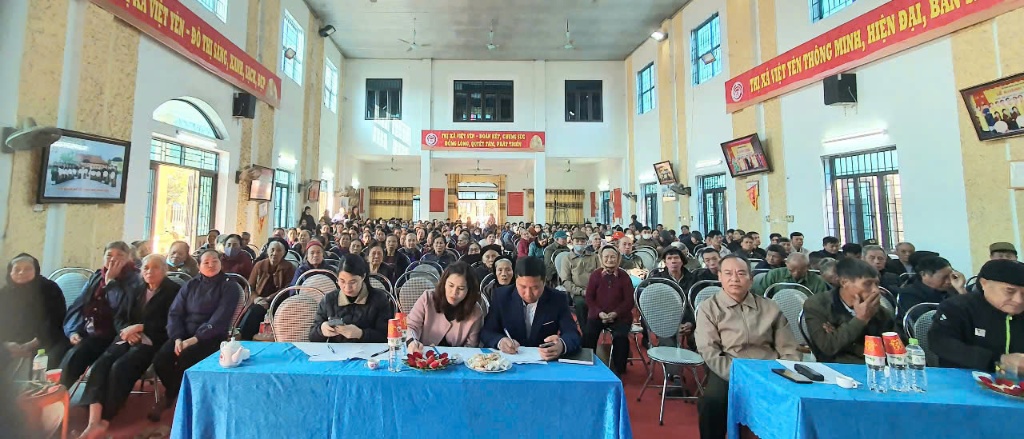












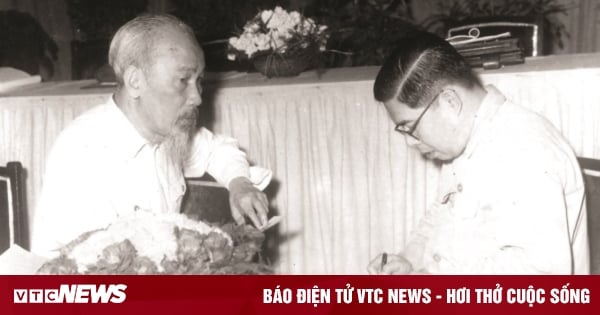






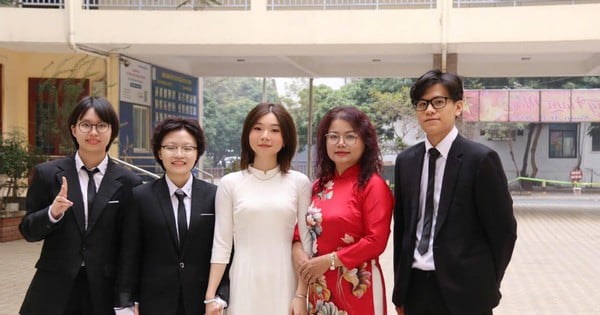

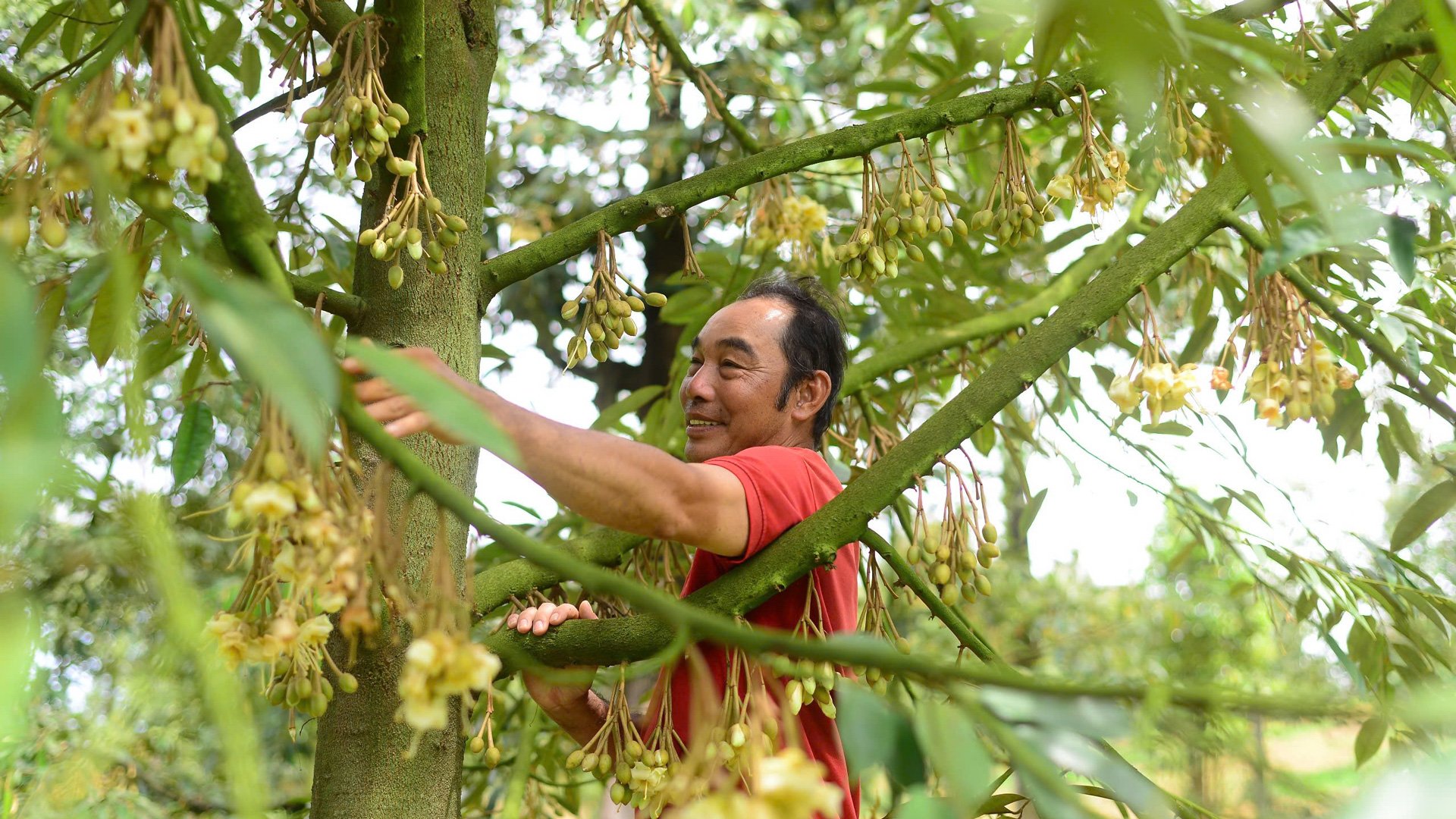









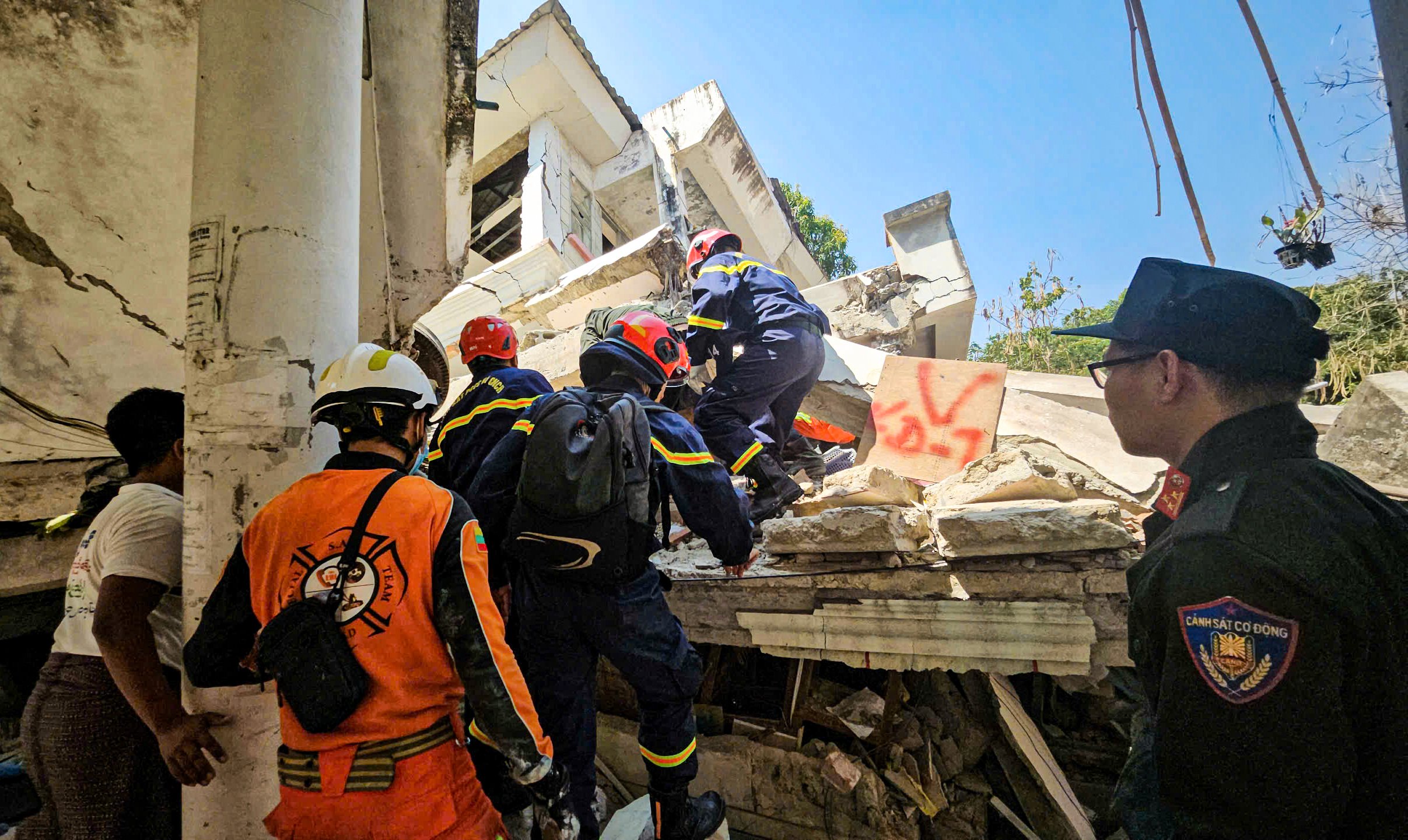





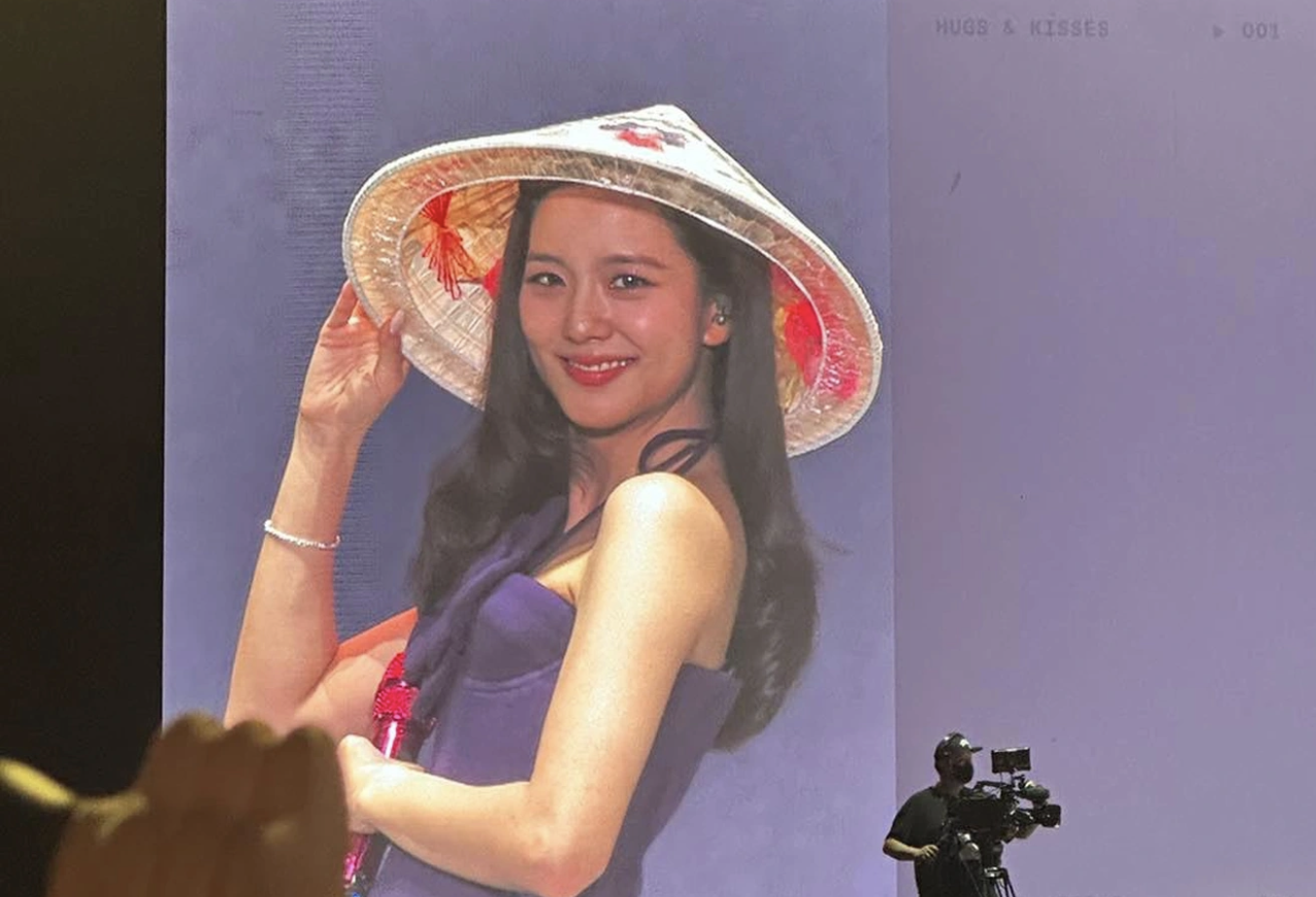
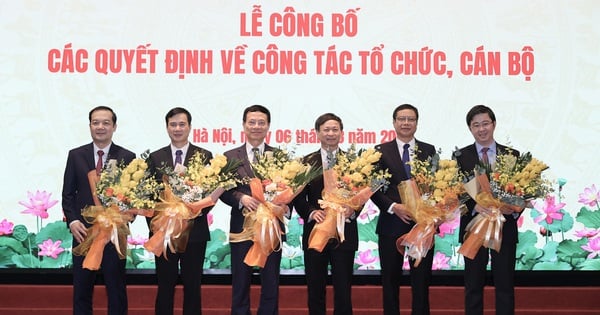



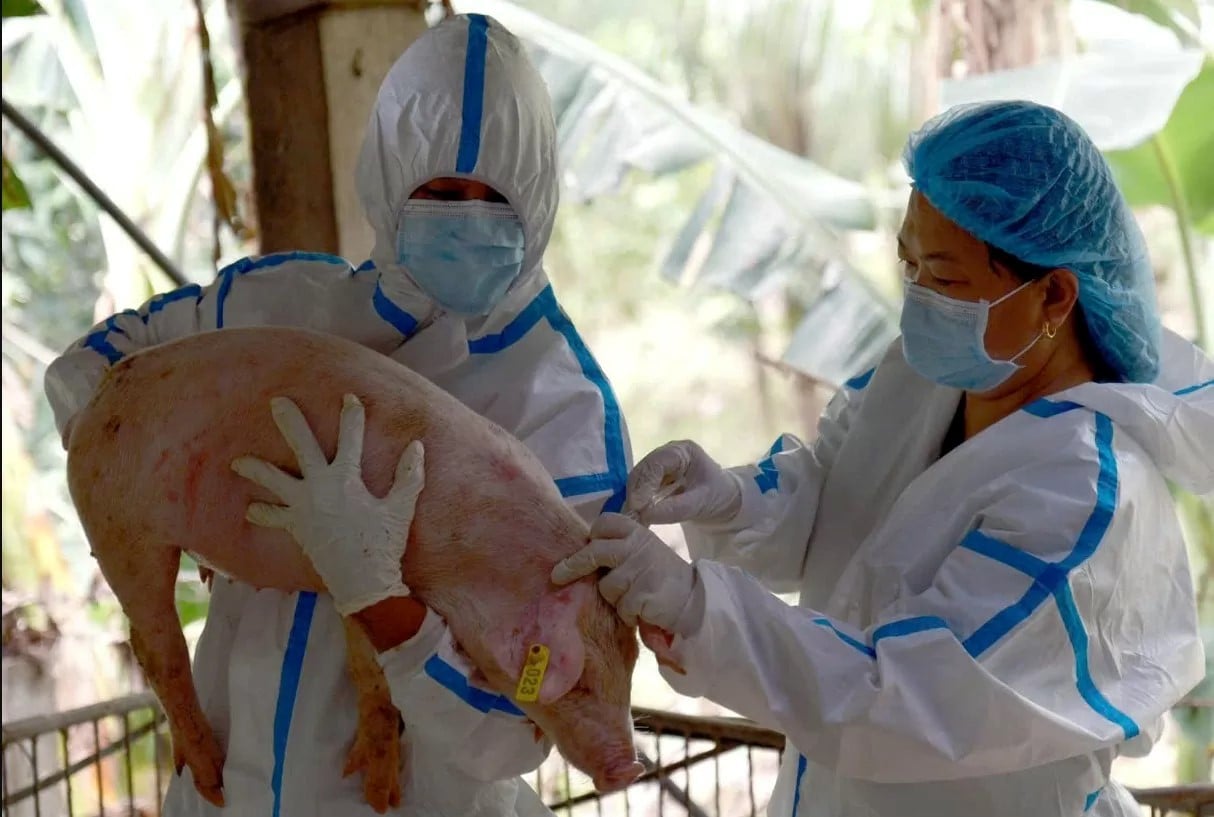
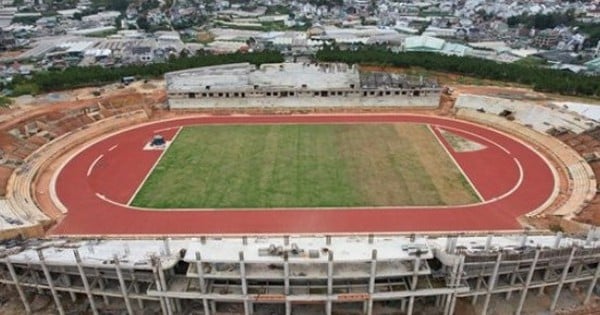


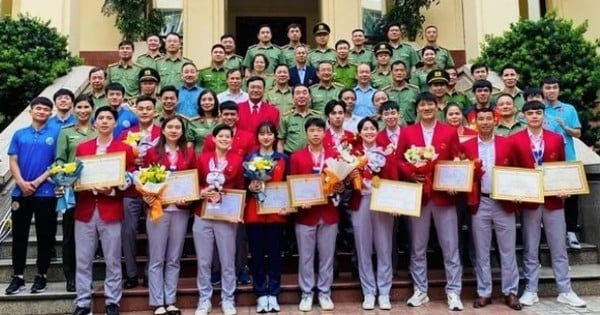




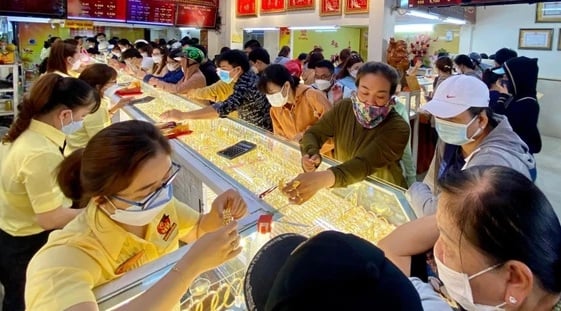











![[REVIEW OCOP] An Lanh Huong Vet Yen Cat](https://vstatic.vietnam.vn/vietnam/resource/IMAGE/2025/3/27/c25032328e9a47be9991d5be7c0cad8c)



Comment (0)